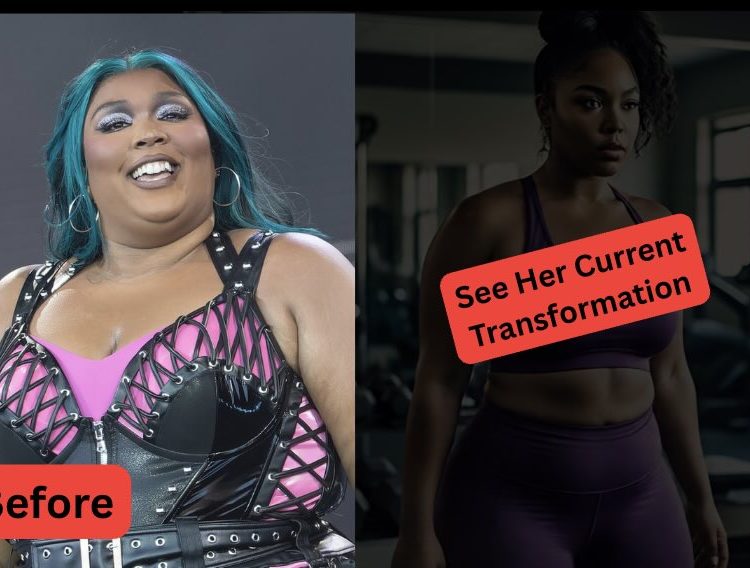Author
-
Our staff reporters are a talented and dedicated team of writers and experts who are passionate about sharing their knowledge with the world. With diverse backgrounds and specialties, they tackle a broad range of subjects, from the latest trends and innovations to timeless topics that resonate with us all. Their goal is simple: to craft compelling stories that inform, inspire, and spark meaningful conversations.
View all posts






